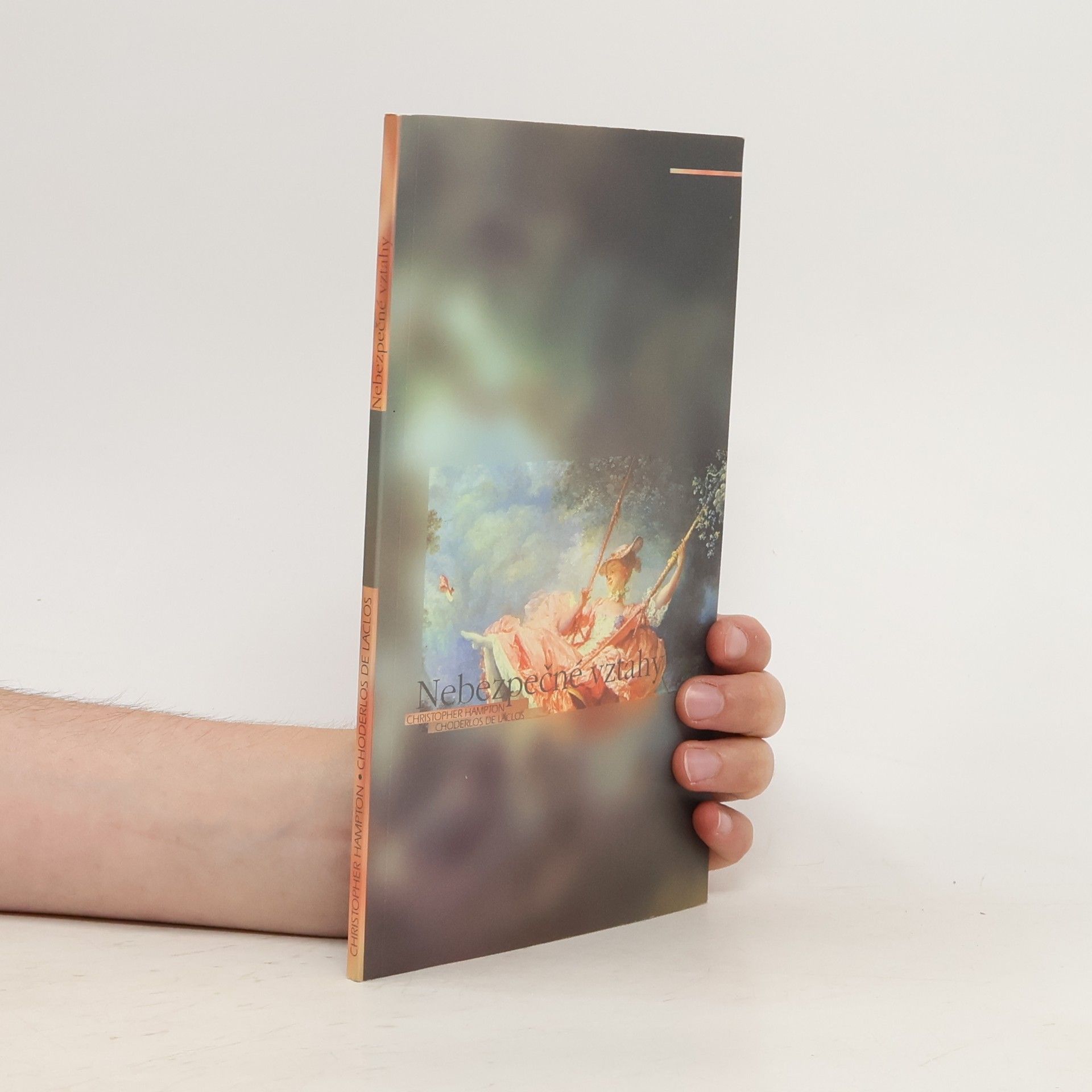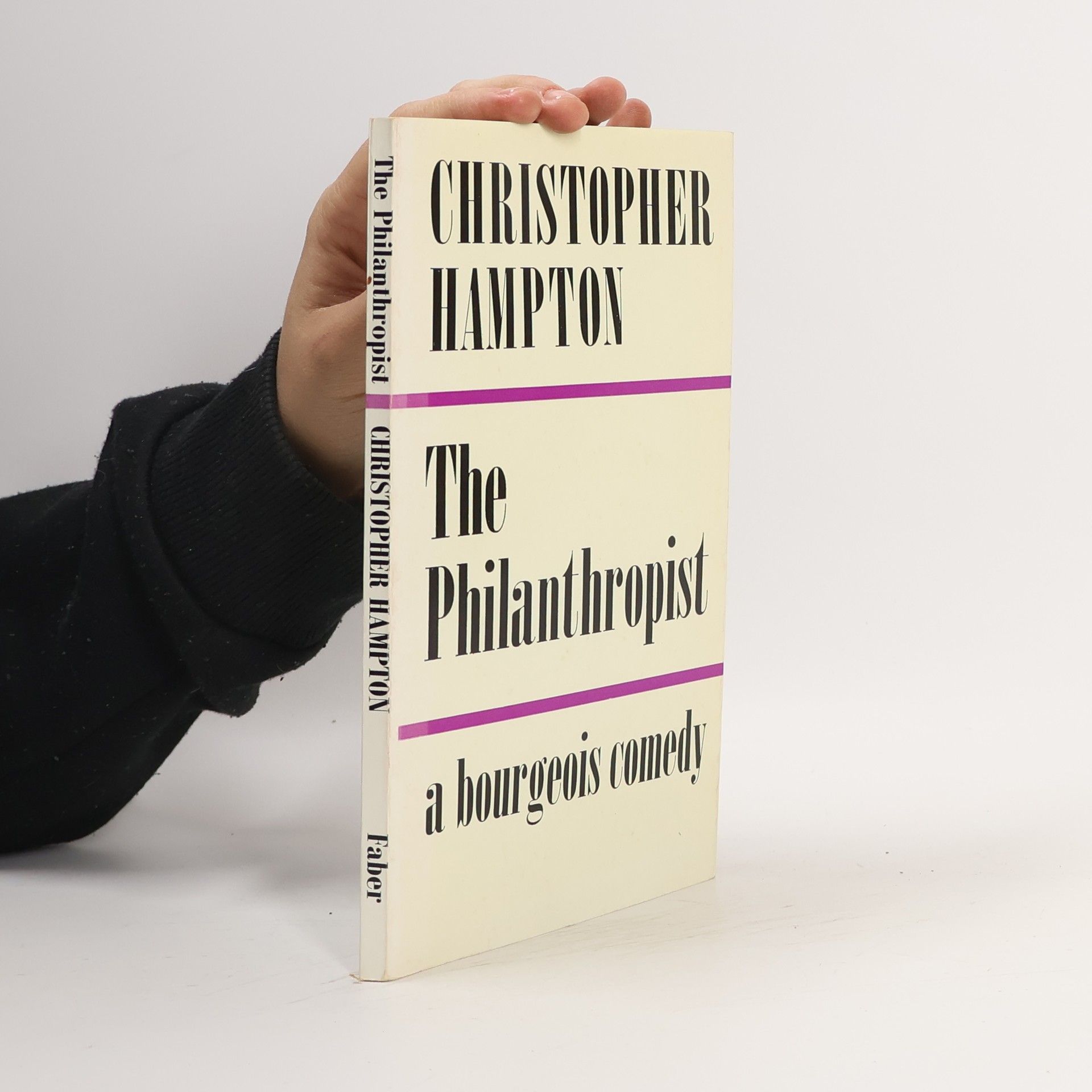Everyday Leadership for Everyday People: Volume 1
- 72pagine
- 3 ore di lettura
Everyday Leadership for Everyday People is a source for motivational moments. Encouraging you to recognize leadership is not for a select few. Leadership is a skill that can be developed in everyone. These Leadership moments will help you to recognize your leadership potential. Accept your worth and embrace your dreams as a potential reality.




